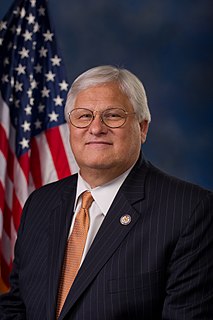A Quote by Kristen Soltis Anderson
Overall, America's math scores on the National Assessment of Educational Progress (NAEP) have risen since the 1990s though remain disappointing when compared to the rest of the globe.
Related Quotes
By 1940 the literacy figure for all states stood at 96 percent for whites. Eighty percent for blacks. Notice for all the disadvantages blacks labored under, four of five were still literate. Six decades later, at the end of the 20th century, the National Adult Literacy Survey and the National Assessment of Educational Progress say 40 percent of blacks and 17 percent of whites can't read at all. Put another way, black illiteracy doubled, white illiteracy quadrupled, despite the fact that we spend three or four times as much real money on schooling as we did 60 years ago.
The artificial primacy of defense among our national priorities is a constant unearned windfall for some, but it's privation for the rest of America; it steals from what we could be and can do. In Econ 101, they teach that the big-picture fight over national priorities is guns versus butter. Now it's butter versus margarine—guns get a pass. Overall, we're weaker for it, and at enormous cost.
I'm very committed to its educational institutions, including my alma mater Central Falls High School's drama program, because I know that's what got me my start. I do everything I can to keep it alive since it made me feel like I had something to give to the world. I also support the Segue Institute for Learning, a charter school in Central Falls run by a friend of mine that my niece attends. I'm committed to that because of its proven results. They have the highest math scores of any charter school in Rhode Island.
Your God still walks in Eden, between the ancient trees,
Where Youth and Love go wading through pools of primroses.
And this is the sign we bring you, before the darkness fall,
That Spring is risen, is risen again,
That Life is risen, is risen again,
That Love is risen, is risen again, and
Love is Lord of all.
In 1955-56, Saint Joseph's won the first Big Five championship, compiled a 23-6 overall record, and entered its first postseason competition ever - the National Invitation Tournament - finishing third. That season's success seemed to vault St. Joe's into the national collegiate basketball scene, and it has been there since.






































